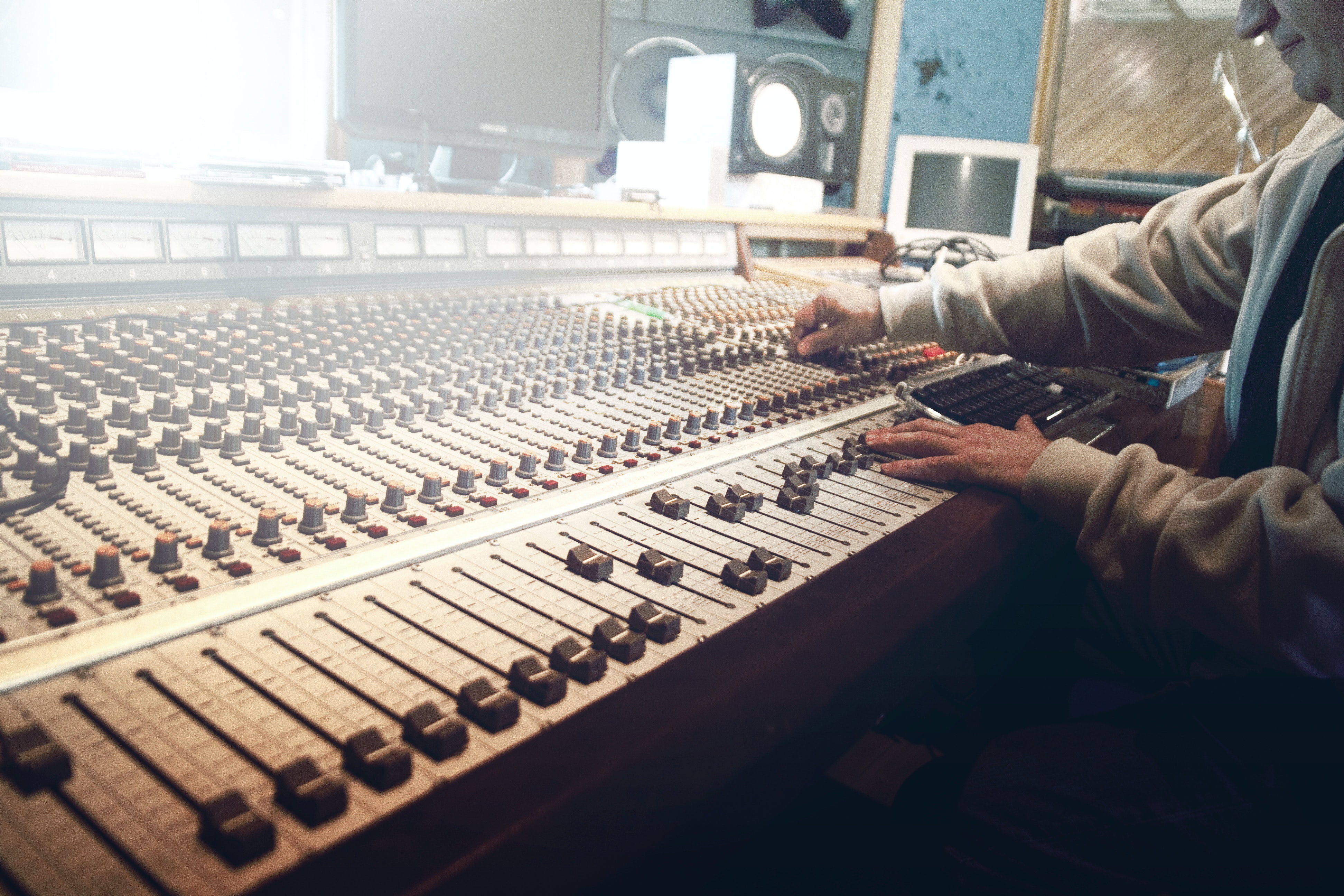Becoming an Audio Engineer.

For anyone with an interest in music becoming an Audio Engineer, sometimes referred to as Sound Engineer or Audio Equipment Technician, opens the possibility for an interesting and varied career. What are the best steps to take to get qualified and what opportunities are there for experienced engineers?
The role of an Audio Engineer depends on the industry sector they work in but typically involves the use machinery and equipment to record, synchronize, mix, or reproduce music, voices, or sound effects. Their work can be applied to a variety of production work including, but not limited to, movies, music recording and live shows. Looking at the specific requirements for live music performances these roles are usually referred to as Sound Engineers. The easiest route to this career to get some kind of apprenticeship with a recognised sound engineer or their company. As such there are no specific requirements to have any formal qualifications to kick start a career in this field.
Experience.
Old hands suggest that anyone keen to become a sound engineer should firstly gain an understanding how to mix and reproduce music by using available technology and experimenting themselves. After they feel confident enough, they can start offering their services on a freelance basis for free perhaps to local up and coming bands for example. The most successful sound engineers have generally ground out their careers working in recording studios and live events over many years and built a reputation that puts them in demand. Sound engineers generally work on a freelance self-employed basis and are contracted to specific artists that they likely have a close relationship with.
Formal qualifications.
For anyone keen to get a formal qualification there are a variety available from short term evening classes to a full-blown three-year university degree. A quick search reveals over 50 formal courses available in the UK. How much these qualifications will help in this chosen career is open to debate as competence and experience seem to be the overriding criteria to obtaining regular work, however, completing any course is sure to benefit any budding sound engineers.
Work.
Working as a sound engineer can be extremely rewarding both financially and from a job satisfaction aspect with the prospect of working with some of the greatest live performance artists. However, the downsides can be unusual and long hours combined with extensive international travel. From a health and safety perspective hearing impairment and other related problems can be career ending. For anyone with an interest in this field there are no barriers to entry and it's something that can be done part time or as a hobby, whether this develops into a full-time career is very much up to their skill and determination to succeed.
For any live event organisers planning their 2021 events using a software management platform like Festival Pro gives them all the functionality they need manage every aspect of their event including the scheduling of sound engineers. The guys who are responsible for this software have been in the front line of event management for many years and the features are built from that experience and are performance artists themselves. The Festival Pro platform is easy to use and has comprehensive features with specific modules for managing ar
<< Back to articles
Contact us
Get in touch to discuss your requirements.
US: +1 424 485 0220 (USA)
UK: +44 207 060 2666 (United Kingdom)
AU: +61 (2) 8357 0793 (Australia)
NZ: +64 (0)9887 8005 (New Zealand)